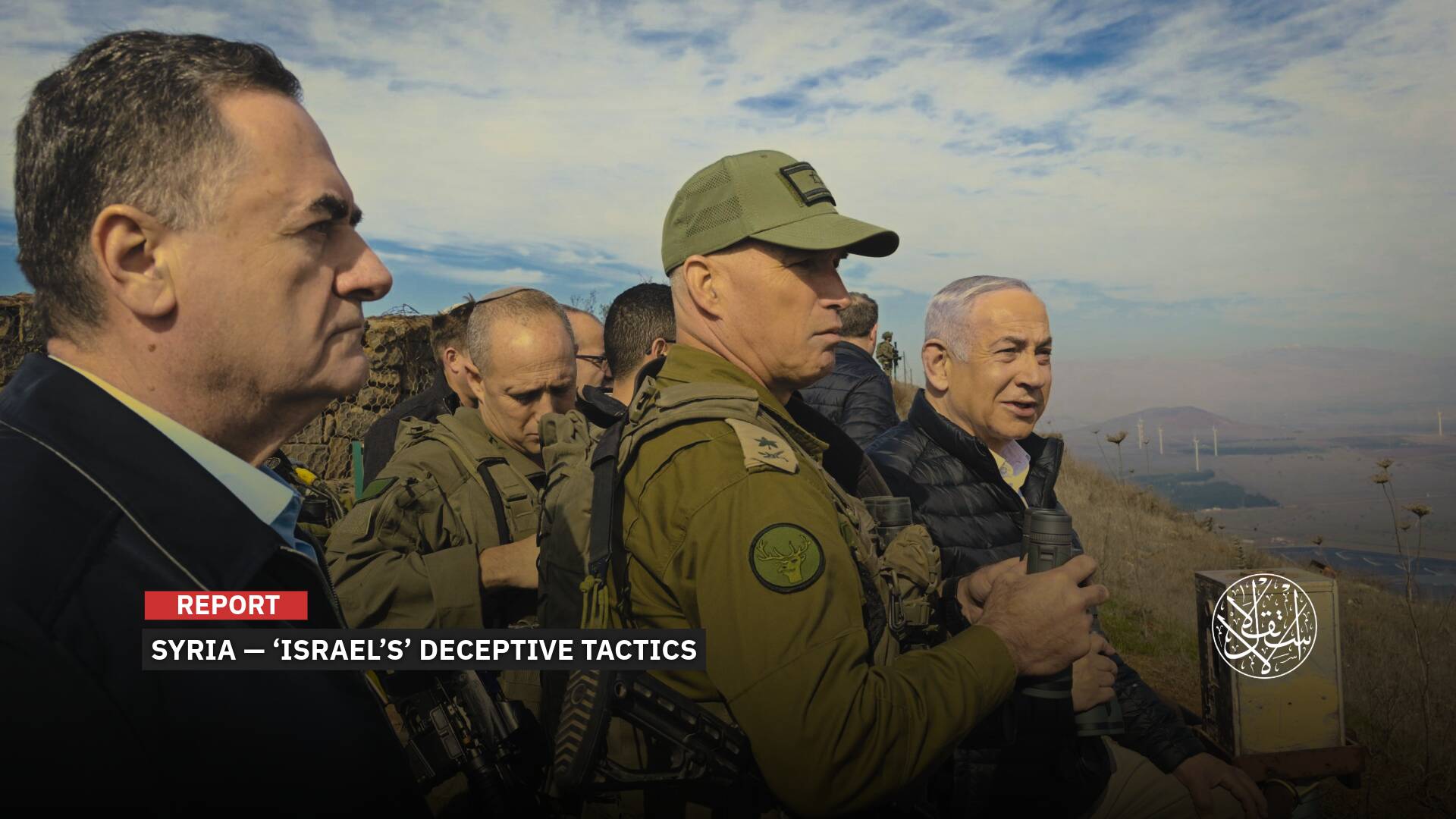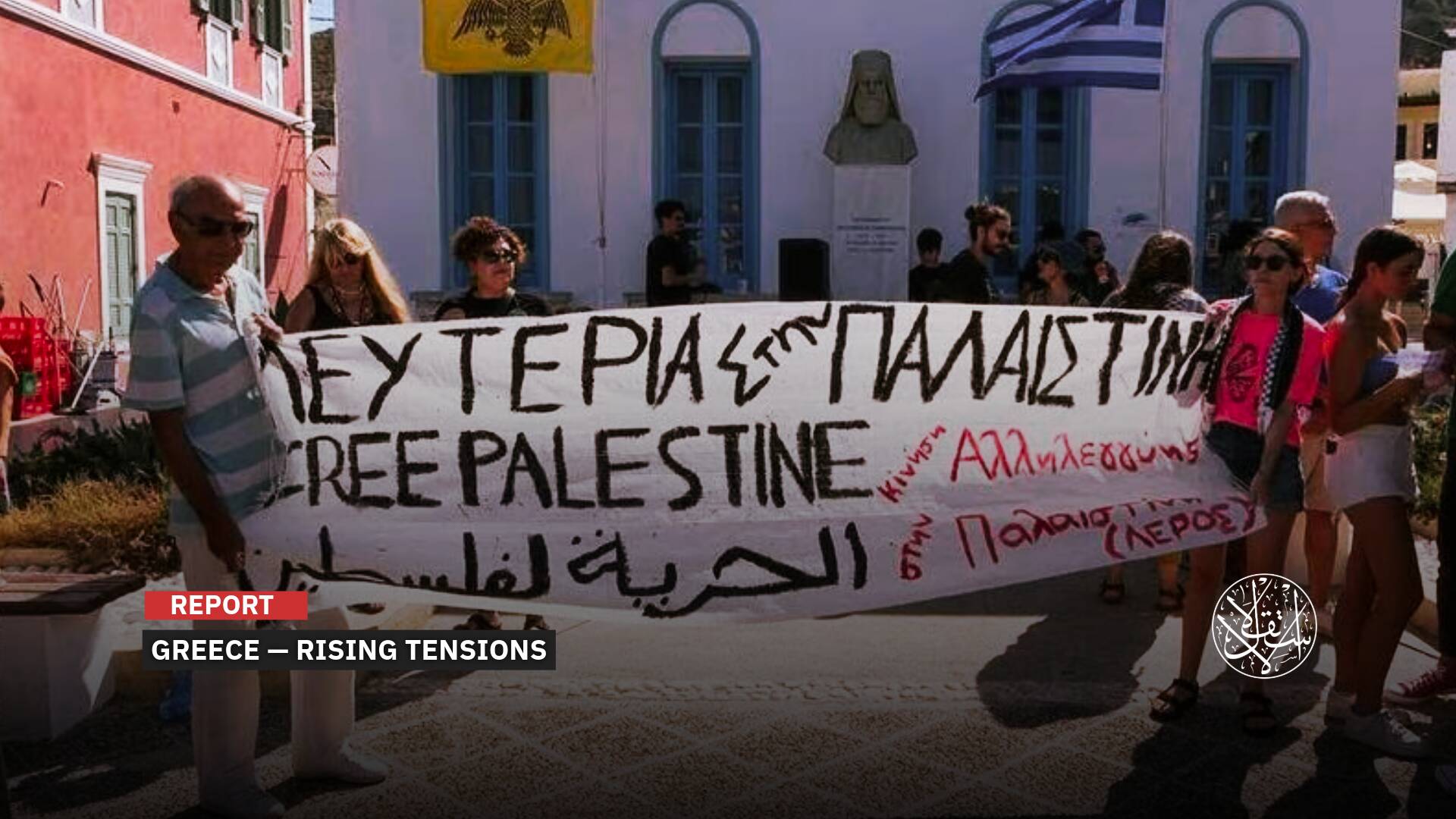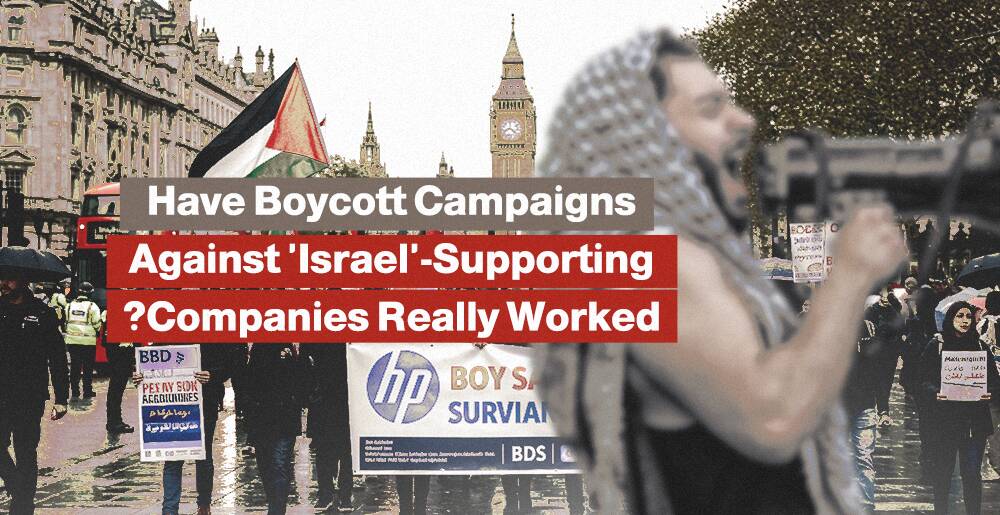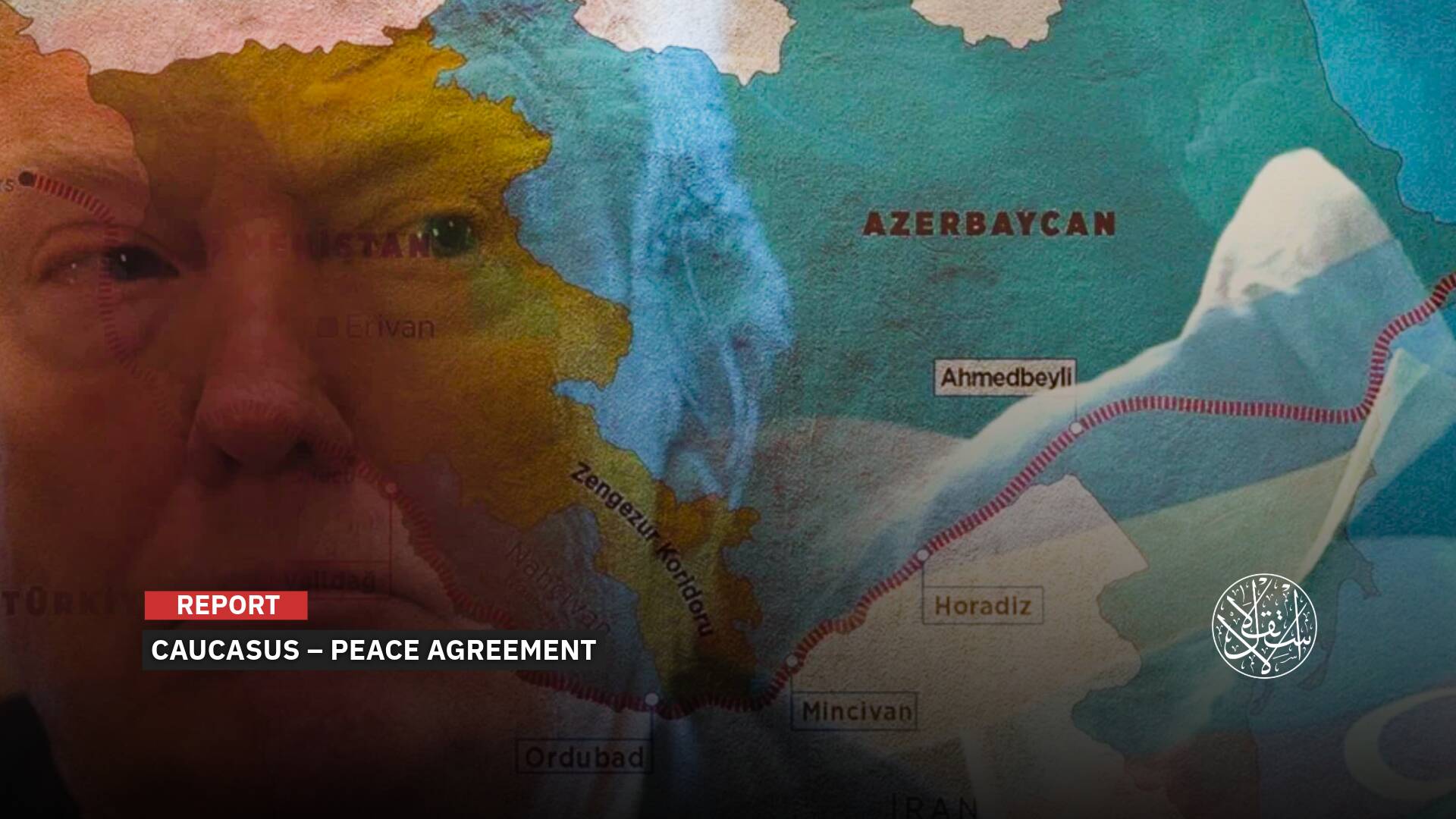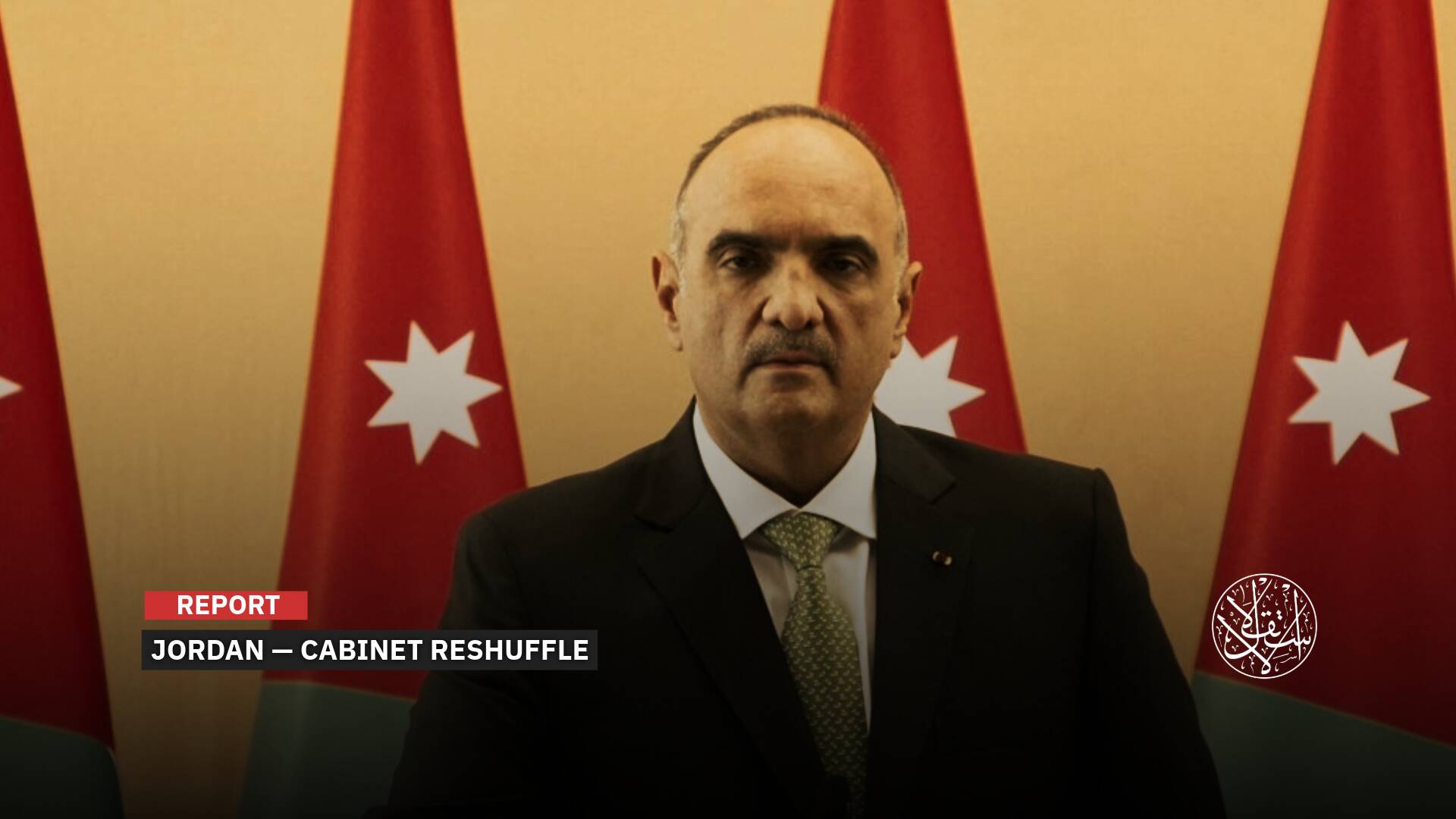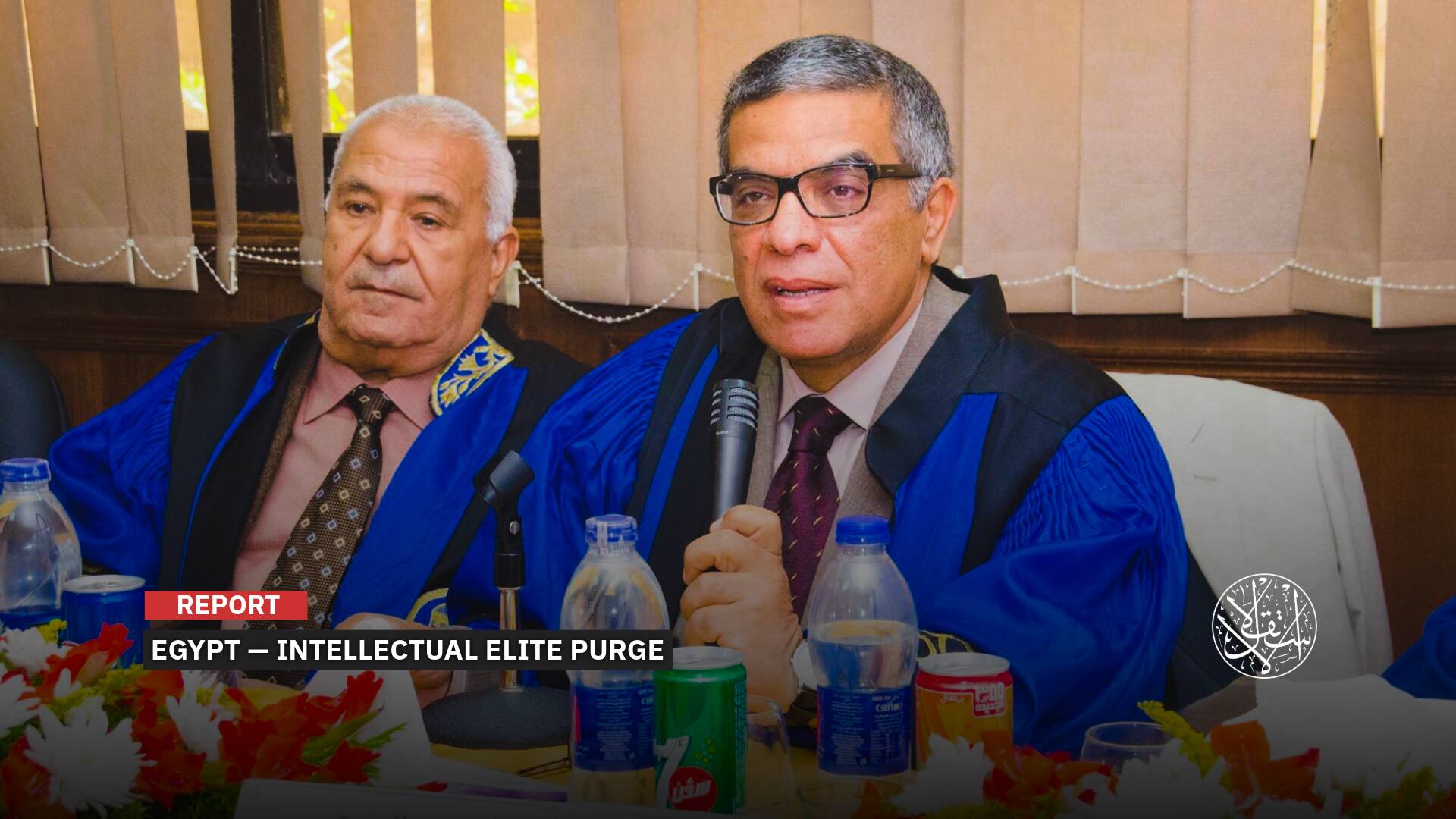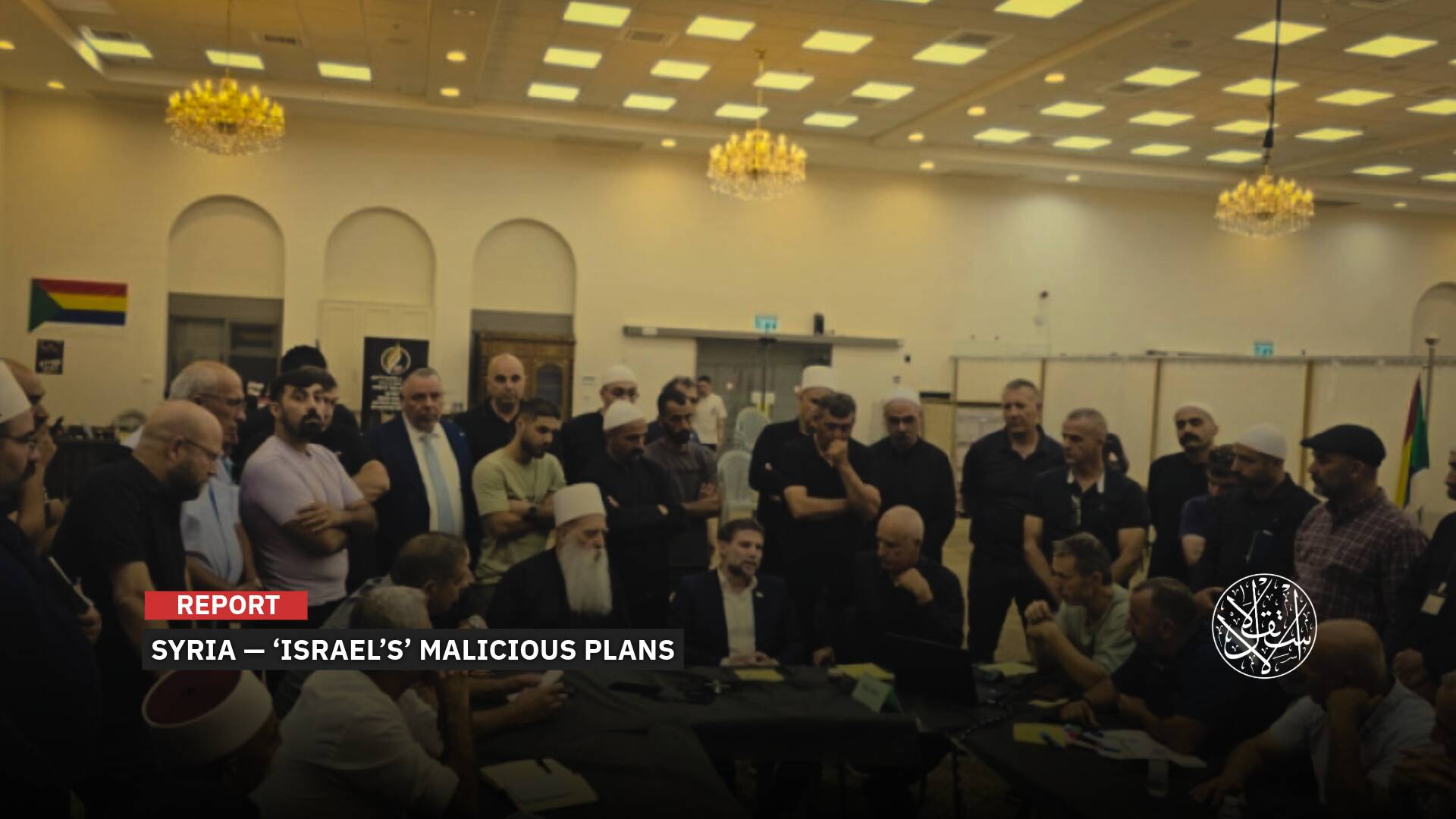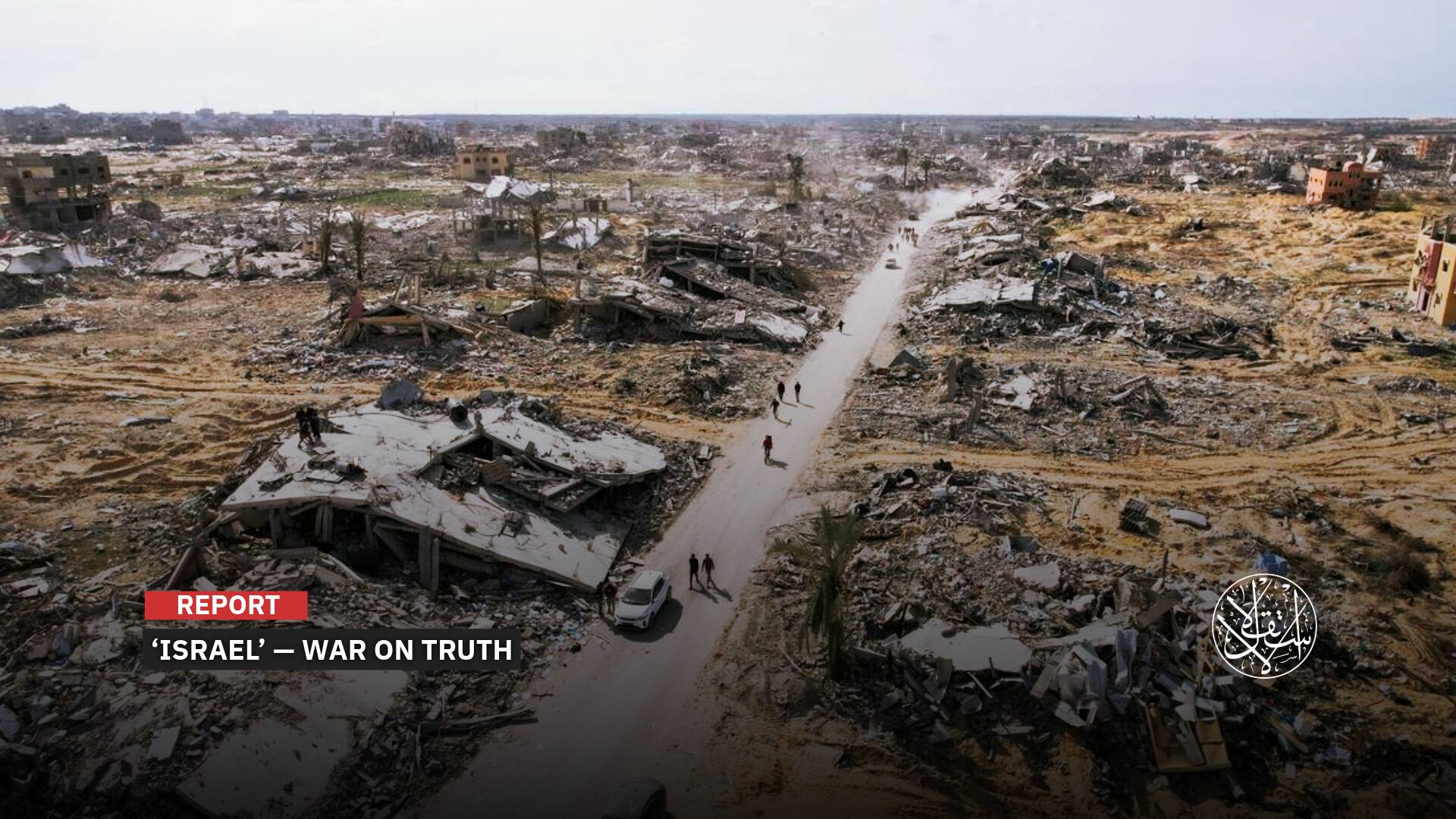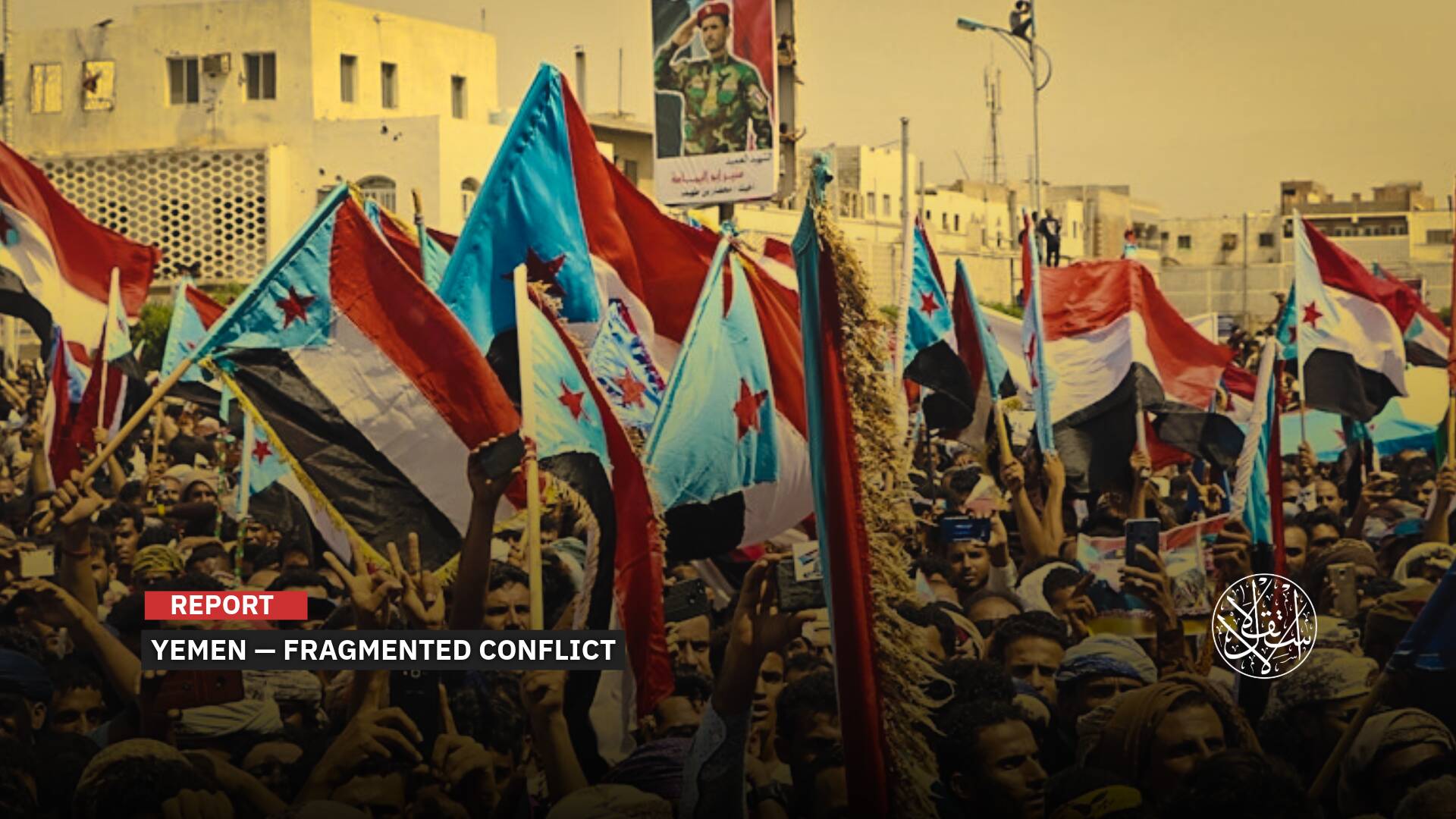Why Does France Insist on Tampering With the Security Future of Libya?

With the beginning of the second term of French President Emmanuel Macron, questions were raised about his approach in the Middle East, specifically in Libya, which has not yet gone out of the civil war caused by the Major General Khalifa Haftar, with the support of France and Arab countries, including the UAE.
France is currently making great efforts to control security contracts in Libya and is pushing many of its defense and intelligence companies there, despite accusations of contradictions between France’s position and the principles and values of human rights and ending conflicts.
This was confirmed by recent UN human rights and intelligence reports, confirming the Macron administration's involvement in crimes committed in Libya by Haftar's militia.
A Big Battle
On April 19, 2022, Intelligence Online revealed that there is a great battle within Europe over security contracts, led by France.
The magazine stated that "Amarante International, a Paris-based security company, won the security contract for the European Union Border Assistance Mission in Libya, and the deal is a great gain for France, especially as it has allocated 42 million euros to its budget over just two years."
The French company deliberately took this deal from the Italian oil company (Eni), which has been operating in Libya for many years.
Intelligence Online said: “The main armed security contracts have become the subject of intense debates between European specialized service providers, and at the same time, the security situation on the ground is still critical.”

Amarante International
Amarante International, which was authorized by Macron's government to enter the fray of Libyan security contracts, has previously played various roles in conflict areas in the Middle East, where it previously prepared a detailed report on Yemen and Syria.
Founded in 2007, this company is one of the leading providers of security and intelligence services in Europe.
It wrote on its website: “We seek to help our clients secure their assets by ensuring that they develop in the right conditions, even in the most challenging environments.”
Amarante also provides the French government, private companies, and official international institutions with security solutions to protect key assets, and provides studies on advanced information and technology, such as research and development data and confidential documents.
The French company relies on more than 1,250 permanent employees in 22 companies around the world, in addition to its reliance on a group of nearly 2,000 experts in security, crisis management, and risk analysis, who provide their expertise in individual and long-term projects.
Therefore, it is expected to play advanced roles in the Libyan conflict, and to be one of the frivolous French arms in this bloody file.

Constant Involvement
This deal is not the first approved by Macron's administration in Libya, but international reports have monitored in recent months the involvement of other French companies in selling spy equipment to Major General Haftar.
On November 27, 2021, the French newspaper "Liberation" published an investigation confirming the involvement of the French company "Nexa Technology", specializing in tactical interceptions, in the sale of a communications monitoring system to Haftar's militia known as the "Libyan National Army".
Liberation explained in its investigation that the deal was made by a company in the United Arab Emirates.
It stated that investigators of the Central Office for Combating Crimes against Humanity, Genocide, and War Crimes discovered this deal in June 2021, when they were investigating the merits of another contract concluded by Nexa Technologies with Haftar's militia.
The newspaper confirmed that the French company was preparing to supply a non-state actor not recognized by the international community with the latest surveillance equipment, as well as circumventing the ban imposed by the United Nations Security Council in 2011 on the sale of such equipment.
The newspaper added that the Alpha Max system that Haftar obtained from the French company allowed him to spy on all phone calls in any area inside the country, through the tactical intercept feature.
Liberation accused Macron's administration of turning a blind eye to Nexa's provision of services to regimes that do not respect human rights, as is the case with Haftar in Libya.

Wrong Bet
Commenting on this, the Libyan journalist Omar al-Hassi said: "France is one of the most important pillars of the war crimes committed by Haftar in Libya, for its full military and logistical support for the defeated brigade and its militias.”
He explained to Al-Estiklal that "although the North African region is strategic for France, due to the Macron administration's bet on Haftar’s loss, his country's influence in the region has significantly decreased."
Al-Hassi added: "France is now preparing plans for security contracts, and intelligence companies to spread further in the Libyan depth, as compensation for the past policy, after Libya became the focus of regional partners, such as Paris and Rome.”

On October 31, 2018, the American researcher, Ben Fishman, indicated in a report published by the Washington Institute for Studies, "how was Libya affected by the rivalry between France and Italy?"
He said: "Since the outbreak of the Libyan revolution against Gaddafi in 2011, the Libyans have been blaming external actors for their continuing problems, and France and Italy have intervened to a large extent in Libyan politics, weakening rather than supporting the UN peace initiative."
"Despite Macron's claim that he is helping to establish peace, his diplomatic efforts, lacking coordination with the warring Libyan factions, have put France in confrontation with the United Nations regarding the Libyan file,” Fishman said.
He stressed that "Macron worked against the Government of National Accord, and preferred to support Haftar, considering that he is in a better position to restore security and eradicate the Islamists from Libya.”
For his part, Libyan journalist Omar al-Hassi confirmed that "Macron made a big mistake when he supported Haftar and sought to abort the internationally recognized Government of National Accord.”
He concluded by saying: "All this led to the deterioration of the situation in general, as well as the disruption of his project, which was based on restoring French hegemony in North Africa and Africa in general, and Libya, of course, is one of the most important pillars of this policy."
Sources
- Battle rages for security contracts in Libya
- Libya: A French company caught up by a sale of surveillance equipment to Marshal Haftar [French]
- A French company was involved in selling spy equipment to Haftar.. Details [Arabic]
- AMARANTE: THE EUROPEAN APPROACH TO SECURITY
- French policy in Libya: A 'contradictory' role in an already complex scene [Arabic]
- How Libya is affected by the rivalry between France and Italy [Arabic]


